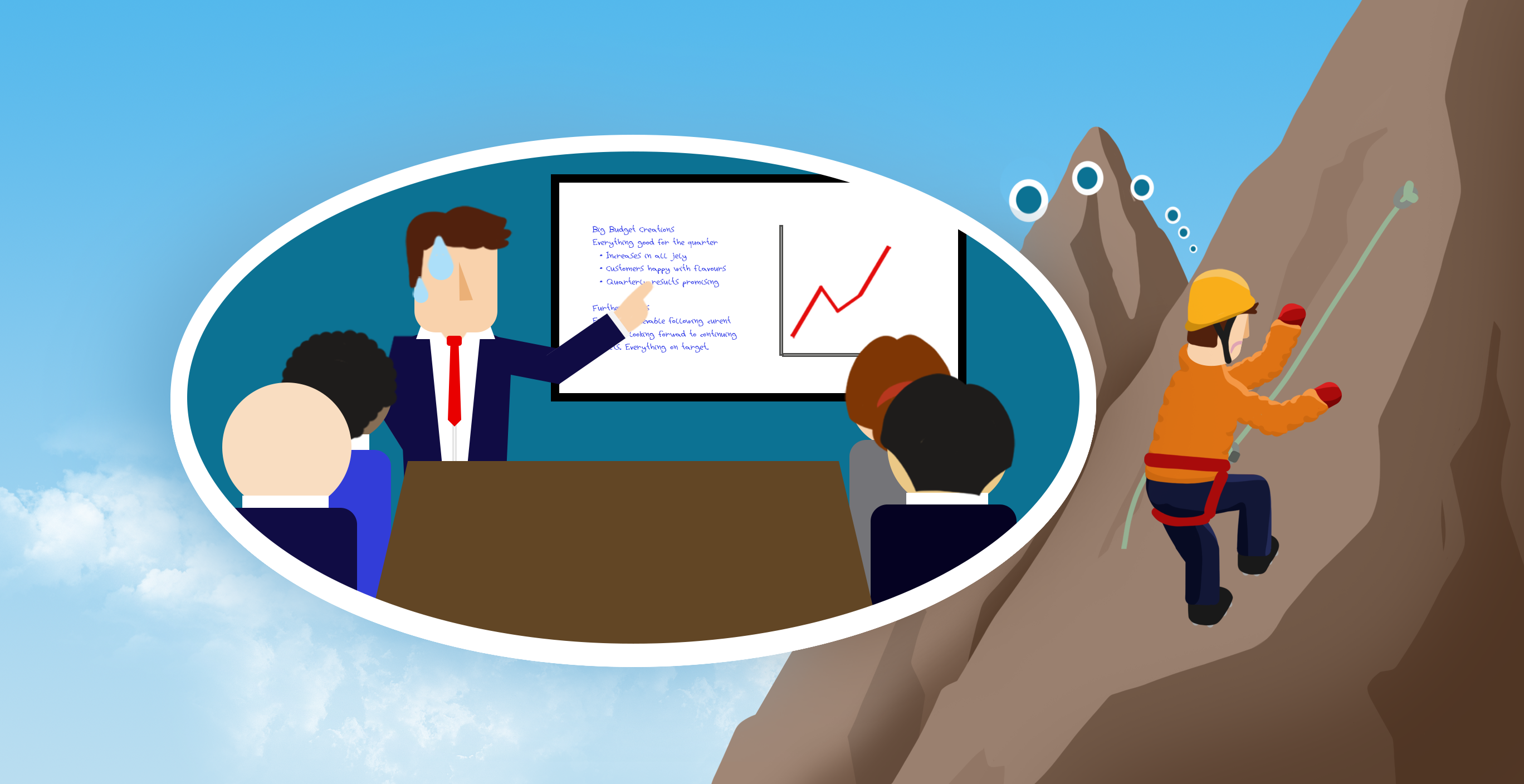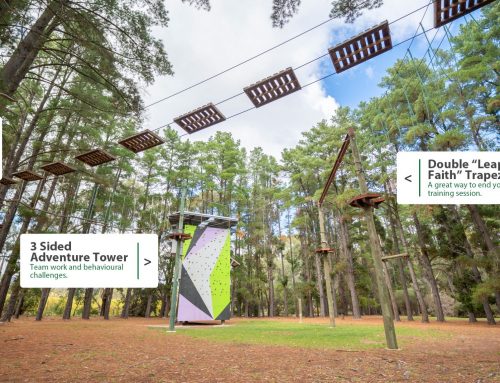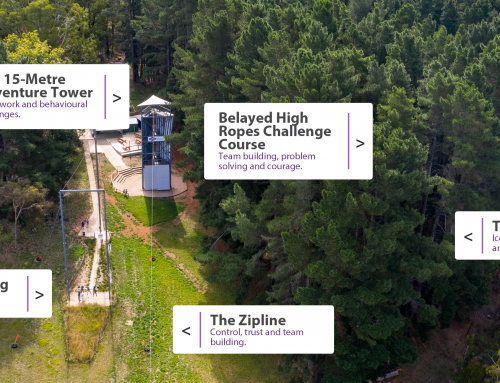“Adventure is a State of Mind.”
A phrase that is beginning to resound in the lexicon of adventure based learning, and yet… what does it mean? It certainly doesn’t correlate with what we generally think of in terms of adventure. How can a ‘State of Mind’ directly or indirectly effect whether something is considered an adventure or not? And if it does, what is the result?
Let’s start with a clear definition: what is a ‘State of Mind’? Cambridge Dictionary1 defines it as “a person’s mood and the effect that mood has on the person’s thinking and behaviour.” In other words, it is a temporary feeling relative to something or someone.
Now, ‘Adventure’, which Cambridge Dictionary2 defines as “an unusual, exciting, and possibly dangerous activity, such as a trip or experience, or the excitement produced by such an activity”. So, we must conclude, ‘Adventure’ is an occurrence or activity that causes reactions within a person such as adrenaline, a sense of unsettlement or, upon occasion, fear.
So how does this correspond with ‘State of Mind’? If ‘Adventure’ is defined as an activity that causes certain adrenaline-based responses, then ‘State of Mind’ is the underlying thought system that causes these reactions to occur.
Still confused? Let me explain further, using an example I like to call the ‘Bungy Effect’.
The ‘Bungy Effect’ is the moment people describe right before bungy jumping for the first time. They stand out on that lonely platform and have the sudden real sense of being on the precipice of something huge and unknown. Most common descriptions include a cold rush through the body, a shiver of anxiety, and a rush of adrenaline. Sound familiar? It is a feeling that everyone would have experienced at some point in their lives. The sudden sense of being on edge of something personally terrifying.
For some people the ‘Bungy Effect’, funnily enough, happens at the thought of doing something extreme like, say, jumping off a bridge with nothing but a rope attached. For others, that very same feeling is associated with the thought of public speaking. There are people for whom the thought of skydiving out of a plane is a fun way to spend a Saturday afternoon but the idea of having to interact with a large group of people is terrifying.
This is called ‘State of Mind’. And your ‘State of Mind’ directly correlates to what you do and don’t perceive as ‘Adventure’. As our examples show, ‘Adventure’ covers a lot more then the publicly perceived concept of undertaking an extreme or unknown activity. Adventure is in many things. And it is all dependent on how you perceive it.
None of these reactions are right or, conversely, wrong. They simply are. And as such, your reactions to them, the issues you face and the steps you need to take to overcome them are neither right nor wrong either. They are simply unique to you.
The next time you feel trepidation at under taking a task or experience, especially one others perceive as easy, remember this. Adventure is a State of Mind. This is your Adventure. How you feel about it, whatever trepidation it might cause you, you are not wrong to feel that way. You are simply approaching it from a different State of Mind. And any accomplishment you feel at the end is just as real as those felt by someone who successfully climbs a mountain.
About Venture
Venture Corporate Recharge has specialised in bespoke learning, specialist programming and adventure activities since 1990 and remains as one of South Australia’s leading experiential program experts. Their unique point of difference is their use of Adventure Based Learning (ABL) methodologies, a particular form of experiential education “learning by doing” that challenges peoples homeostasis through a blend of perceived emotional and other types of risk. Get in touch today to book your company, team or association for one of our custom team building and people development workshops.
Reference
1Cambridge Dictionary. ‘State of Mind’ Retrieved 25 October 2021 from https://dictionary.cambridge.org/dictionary/english/state-of-mind
2Cambridge Dictionary. ‘Adventure’ Retrieved 25 October 2021 from https://dictionary.cambridge.org/dictionary/english/adventure
Daniel, N. (December 17, 2019). ‘An Adventure Manifesto: Adventure Is a State of Mind’: Retrieved 25 October 2021 from https://uncorneredmarket.com/adventure-is-a-state-of-mind/









